Determining which country has contributed the most to the world requires considering many factors.
Historically, England gave the world its universal language for aviation, medicine, global lingua franca, and many important scientific ideas like gravity and Darwinism.
Greece gave the world philosophy and mathematics while China gave the world paper, writing, and gunpowder.
In modern times, America has given the world masses of new technologies and cultural innovations, movies, personal computers, the Internet, nuclear weapons, and an unmatched war machine. No other country has come close to having America’s impact on the world today.

The trouble is, America stands on the shoulders of giants. Britain, Italy, Greece, China – all these countries made America’s modern contributions possible by first inventing them and then spreading the foundational knowledge upon which America built.
So then, how does one choose which country has best contributed to the world?
What should be taken into consideration? Some countries are considered troublesome and aggressive, some helpful, some quiet. Other countries are considered peaceful or environmentally conscious.
How does a country contribute to the overall wellbeing of the world?
Table of Contents
The top ten contenders for the country that has contributed to the world the most
First, let’s clarify the guidelines.
- “Countries” refers to existing nations based on borders currently recognized by the United Nations.
- Past achievements are credited to the current nation; present Iraq is an example. She is credited with Mesopotamia’s achievements.
Here are the countries that have contributed the most to the world.
Italy
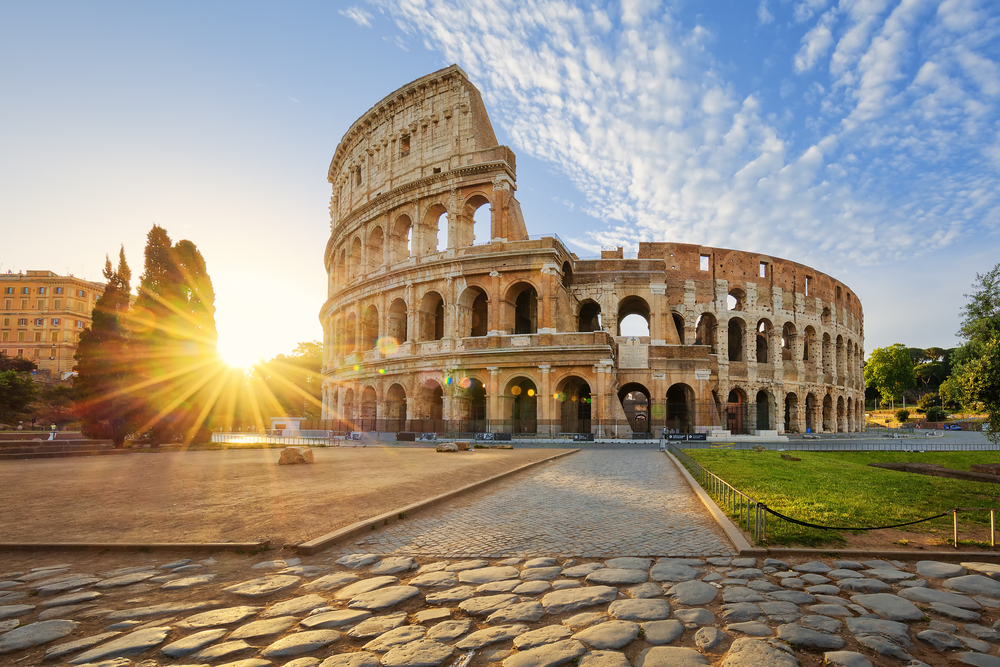
The ancient city of Rome was the first to establish what we refer to as “Western society” – including our laws, culture, and many people’s faith. Traditional images of democracy, like the Roman Senate, are a source of inspiration even to this day.
After Rome collapsed and Europe suffered through the dark ages – which lasted a thousand years – Italy salvaged a new civilization.
So, not only did ancient Rome build a world-shaping empire, but 1,000 years after that empire’s decline, Rome rose again to save the world from the dark ages. Any way you slice it, that’s an amazing contribution to the world – twice!
The United Kingdom

The premier industrial power and most powerful maritime nation of the 19th century, Britain is often acknowledged as the country that “created the modern world.” Britain played a major role in developing Western concepts of capitalism, property, and parliamentary democracy.
She also contributed significantly to the arts, literature, sciences, and technology.
The British Empire covered one-fourth of the earth’s entire surface and held sway over a third of the global population at its peak.
China

China was among the first human centers of civilization and is home to one of the longest periods of continuous civilization. The once-and-future superpower China may emulate Rome as a significant contributor to the world – again, twice.
The Chinese are inheritors of the longest continuously written languages. Presently, China is the most likely successor to America as the most powerful nation globally. Experts forecast that China will be the biggest economy in the world by 2030.
Egypt
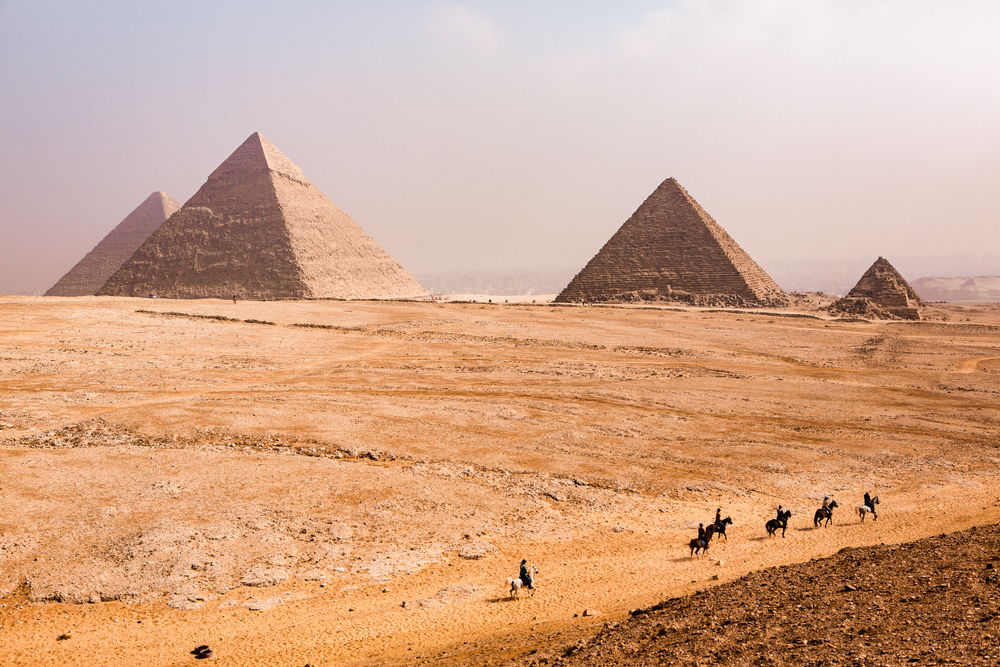
The regularity and the richness of each year’s Nile River flood, coupled with the semi-isolation afforded by deserts that lie to the west and east, led to the rise of one of the most important civilizations. The first kingdom to be united was established in 3200 BC by King Narmer.
A succession of dynasties controlled Egypt for the following three millennia.
The last of the native dynasty, also known as the Thirtieth Dynasty, was a victim of the Persians in 343 BC. Afterward, Egypt fell to the Byzantines, Romans, and Greeks.
Greece

Greece is the birthplace of western civilization and is the home of comedic and tragic literature, Western literature in general, political science, drama, the Olympic Games, Western philosophy, and modern democratic ideals. Greece’s history is long and fascinating, and Greek culture has influenced the Middle East, Northern Africa, and Europe.
The United States

The US is, by any measure, the most prosperous, most powerful, and the most influential nation in the recorded history of the world. The country was buoyed by victories during World War I and World War II, being the only power that wasn’t destroyed by either of the two world wars.
At the end of the Cold War, the Soviet Union collapsed, and the US emerged as the globe’s only superpower. From Hollywood films to Pepsi Cola, America’s impact on the world’s pop culture is unparalleled.
The question that needs to be answered – especially in the present “post-truth” climate of skepticism and suspicion – is the country’s future.
As many have pointed out, the Egyptian and Roman empires lasted for more than 500 years. Folks wonder if the United States can last as long or if she will tread in the footsteps of the British Empire as a spectacular but short-lived phenomenon.
Other contenders for “contributed the most to the world”
India
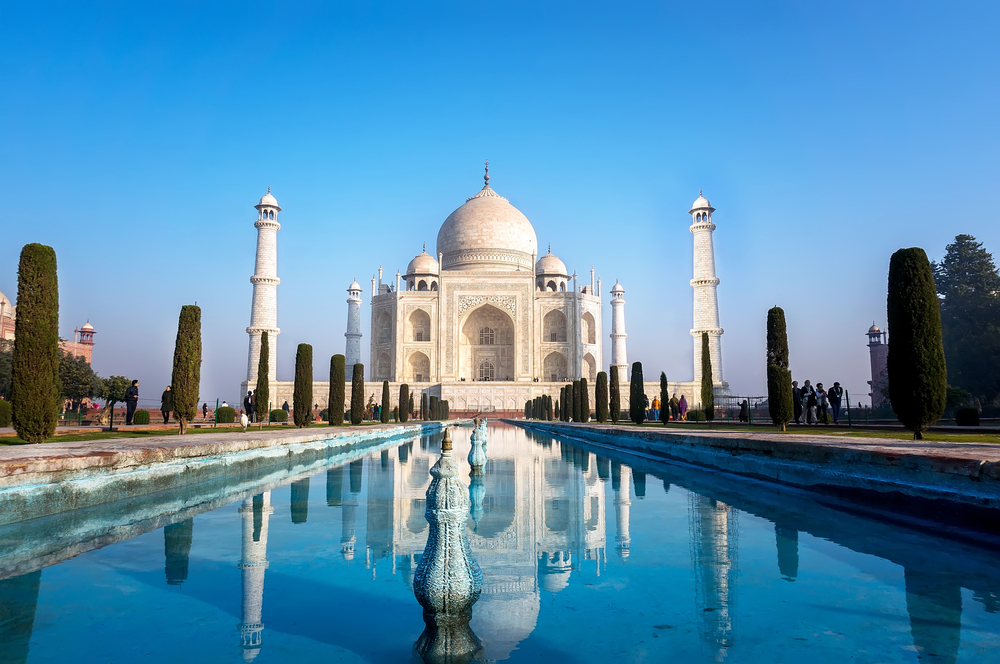
India has played an important role in the development of human civilization. The first permanent settlements were established around 9,000 years ago and evolved into the Indus Valley Civilization, a key trade route, and huge empires.
Sikhism, Ayyavazhi, Buddhism, Jainism, and Hinduism all have their roots in India.
Iran (Persia)
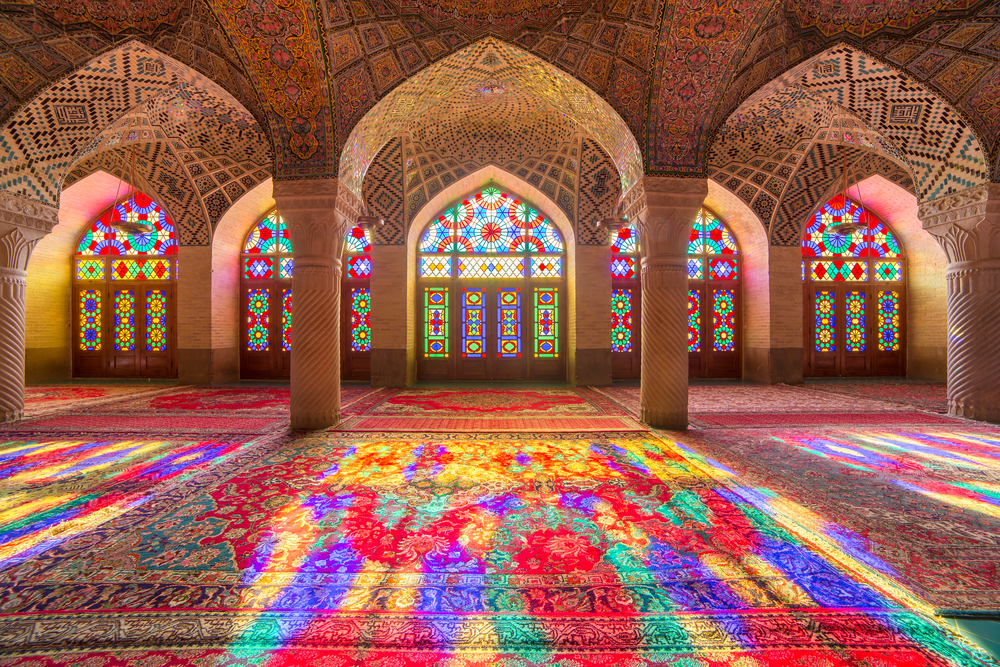
Humans have lived in this country years before the earliest civilizations emerged in Mesopotamia. After its conquest by Islam, Persia became the most important Islamic nation.
Between the 9th and 11th centuries, Persia was at the center of Islam’s golden age.
Iraq
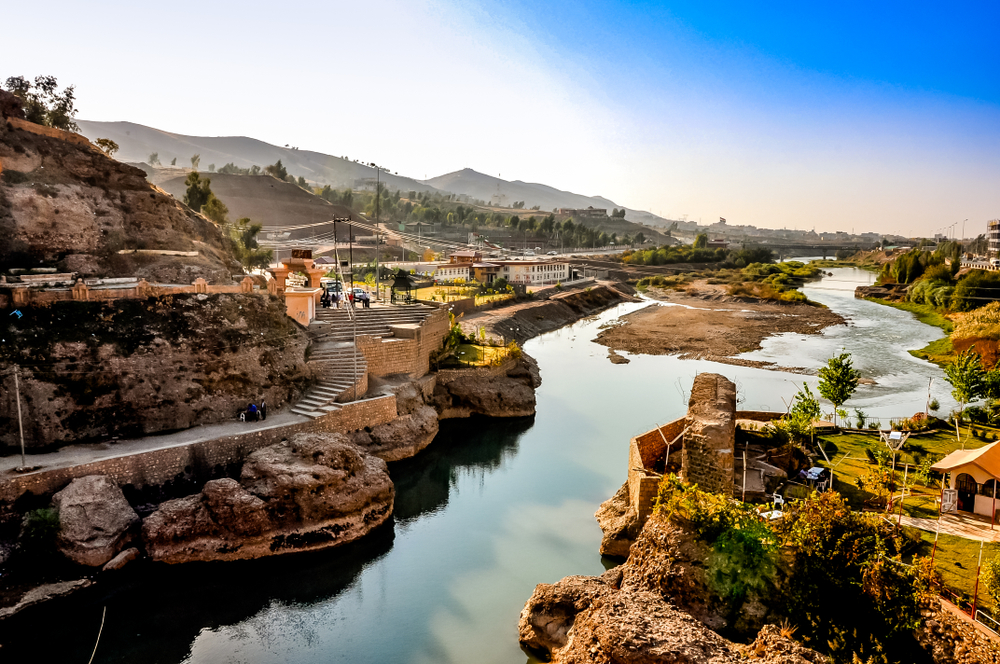
Mesopotamia was once the common name of the land now occupied by the Republic of Iraq. Mesopotamia was the location of some of the world’s earliest civilizations, civilizations like the Assyrian, Babylonian, Akkadian, and Sumerian.
These civilizations were responsible for one of the first works of writing and science, mathematics, law, and philosophy worldwide, making this region the epicenter of what’s commonly referred to as “the Cradle of Civilization.”
Russia
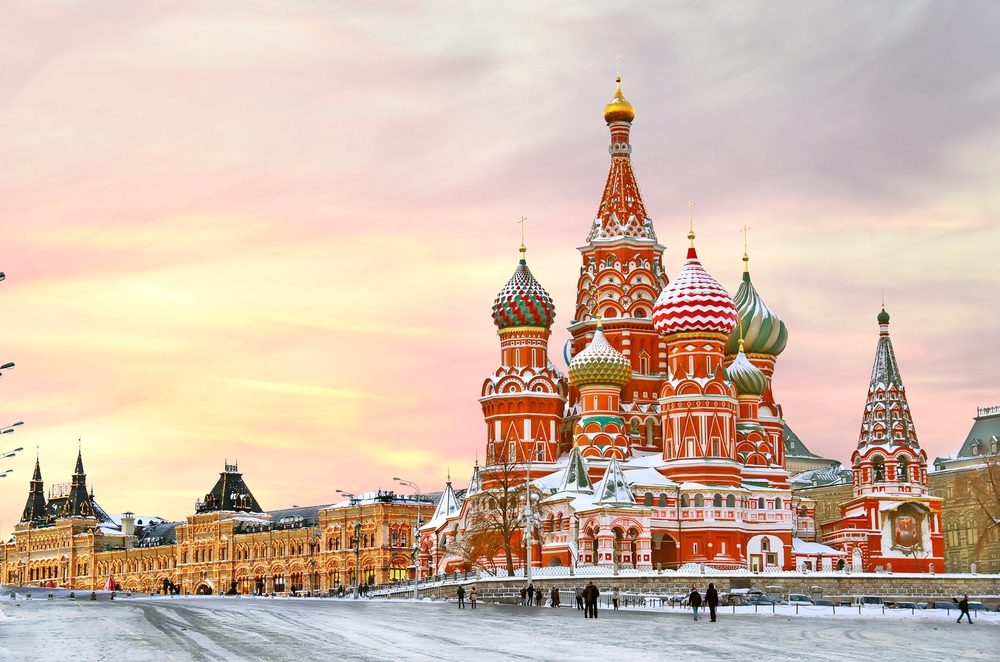
There’s a lot of discussion of exceptionalism as practiced by America. However, the exceptionalism practiced by the Russians, in which Mother Russia is viewed almost as a goddess, is an entirely different kettle of fish.
Despite its shortcomings and oddities, Russia has displayed astonishing resilience through the years, defeating the Ottoman Turks, Napoleon’s French, and Hitler’s German armies.
Even though the USSR was ultimately an economic and political failure, it certainly commanded all the world’s attention when it was in existence.
A formal approach for determining which modern country has contributed the most to the world
Since 2014, the Good Country Index has offered a unique view of the world. The Good Country Index’s founding concept is straightforward.
It assesses the extent to which each nation on earth contributes to humanity’s good and how much it contributes in relation to its size.
The Good Country Index doesn’t make moral decisions. It calculates, ranks, and reports on the positive and negative external effects each country exerts beyond its borders, using the best, most accurate data available.
The Good Country Index, 2021
Sweden

Sweden ranks as the world’s most environmentally sustainable nation. This premier rank is awarded due to Sweden’s low carbon dioxide emissions and use of renewable energy sources.
Additionally, Sweden’s social and governance methods in education, labor, and institutional frameworks have contributed massively to the indoctrination of sustainability in these fields worldwide.
Denmark
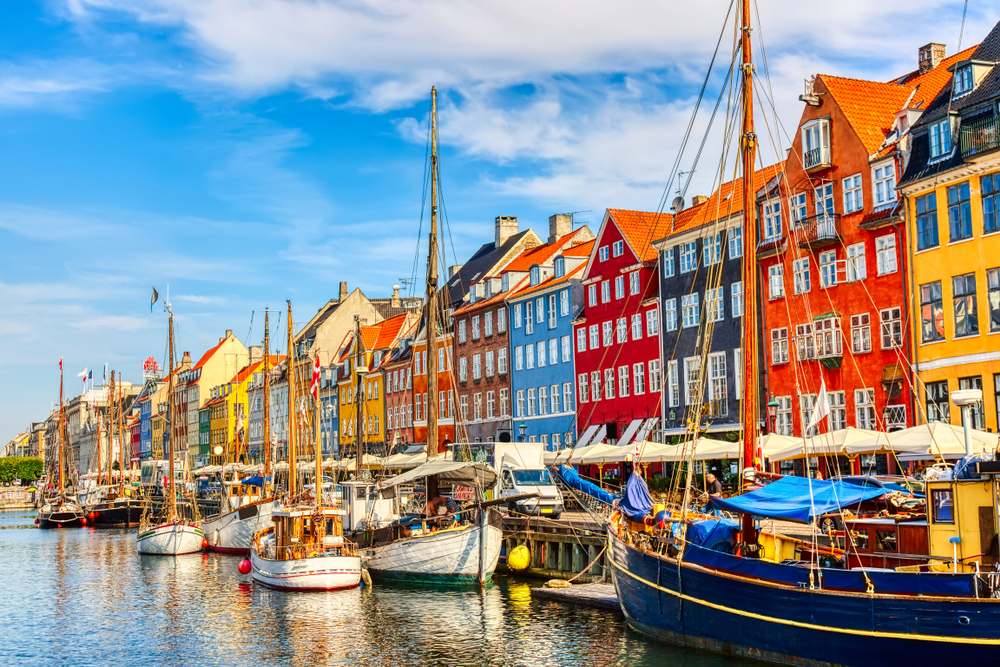
Denmark was the only European nation to save nearly its entire population of Jewish inhabitants from the Holocaust. After being warned of imminent roundups by the Nazis, resistance fighters moved many of the nation’s 77,000 Jews to Sweden via boat.
Thousands more Jewish families emigrated by train, streetcar, bicycle, or car, using the night as cover.
Germany
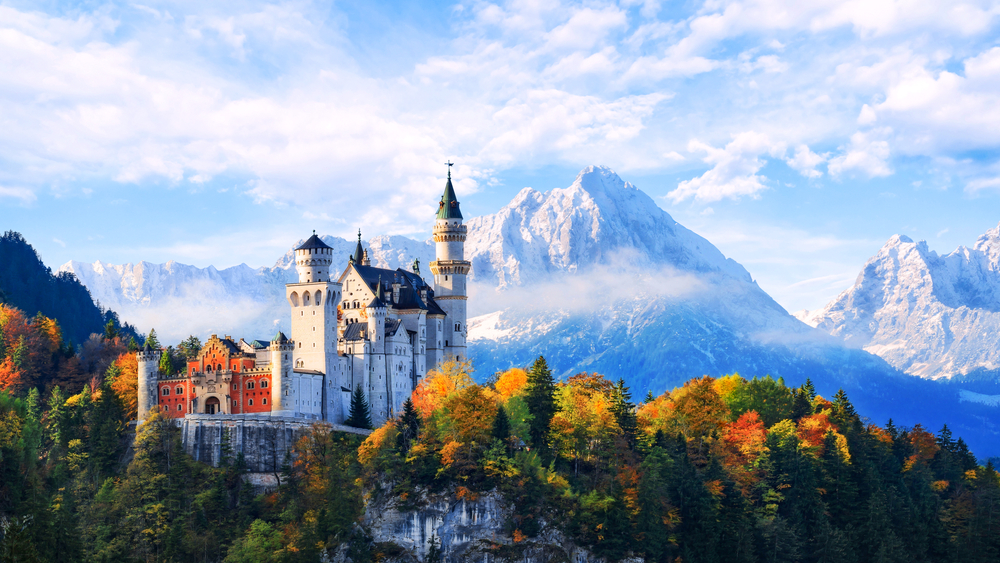
In early March of 2015, German Chancellor Angela Merkel traveled to Japan, the first German Chancellor to have visited the country for the first time in seven years. She met with Japanese Prime Secretary Shinzo Abe to talk about terrorism, climate change, and trade.
Merkel mostly followed the planned agenda, with a few benign photos at stops like the National Museum of Emerging Science and Innovation.
However, four times over the two-day trip, to the surprise and probable annoyance of her host, Merkel spoke about how her country had rehabilitated its reputation internationally following World War II. She outlined how, by reconciling with Nazi victims and acknowledging Germany‘s crimes, the German nation had slowly won some measure of forgiveness from the international community.
Merkel also spoke about the taboo topic of Japan’s use of “comfort women.” Young girls of Dutch, Filipino, Chinese, and Korean descent were forced into sex at the hands of the Imperial Japanese Army during the WWII conflict.
Canada

Canada has unique advantages over other nations, making it the most beloved country in the world. A few of these advantages are:
Multiculturalism: It is one of the most multicultural nations. Canadian citizens come from all around the globe.
Many people are bilingual, the first language being English and another language from their native country. Multicultural societies often have disadvantages, but it has many positives in the disciplined Canadian society.
Society: Canada has one of the kindest, most compassionate societies. In almost all ways imaginable, Canadians are perhaps the most helpful people in the world.
Political System: In Canada, you are guaranteed absolute protection by the constitution and freedom of religion. Universal health care is a priority, as are foreign aid and various social programs.
Canadian law is derived using the most effective aspects from British Common Law, French civil law, and English civic customs.
Less Expensive: Canada is less expensive when compared to many other developed countries. The cost of living is lower than that in other developing countries because Canada does not exploit its unskilled workers.
It is certainly one of the most affordable countries in which to live.
Respect for others’ languages: Visitors are surprised to find that although they speak fluent English, immigration officers may still insist that someone who speaks the visitor’s native language is found. It is a small gesture, but it indicates how highly Canada treats strangers and foreigners alike.
Transparent immigration policy: Canada has one of the most transparent immigration policies. Numerous other countries are in the process of establishing their own immigration policy based upon the Canadian template.
So, which nation has contributed the most to the rest of the world?
Many countries have contributed significantly to our world during the past millennia. It’s impossible to separate the achievements of today from those of the past. Some, such as those who wrote the Good Country Index’s most recent results and the entire listing (accessed January 20, 2022), attempt to objectify the subject, but does it work?
America has made the most significant contribution to today’s world, and it is undoubtedly the most plausible claimant of any nation of today.

















